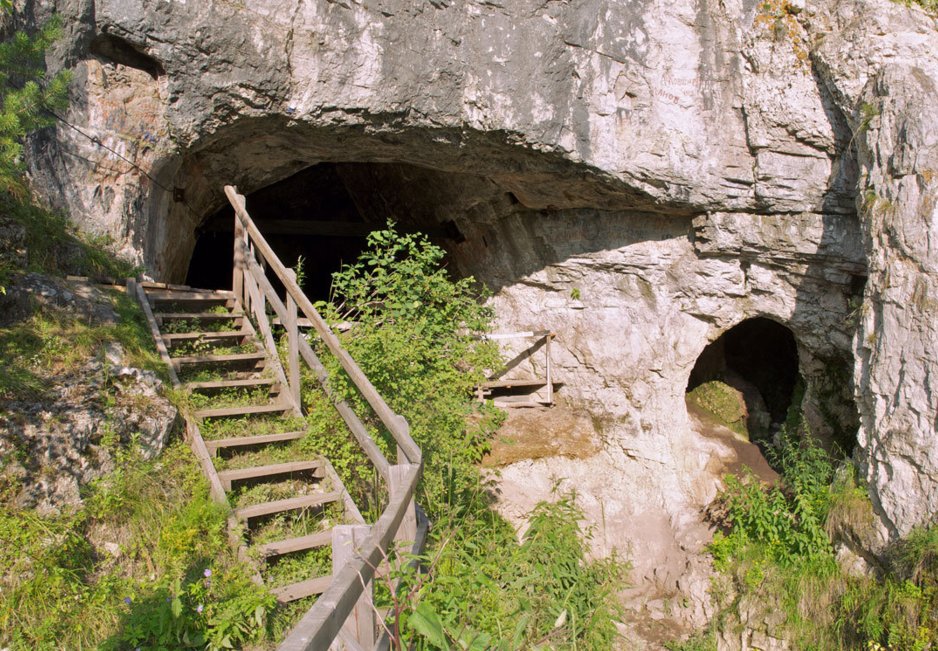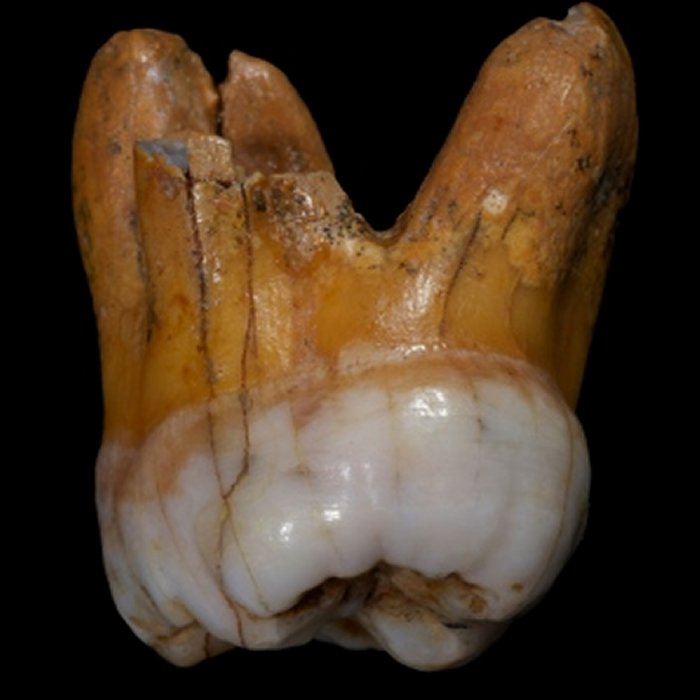MessageToEagle.com – An international team of researchers has analyzed DNA of two molars from Siberia’s Denisova Caves and uncovered new information that undoubtedly sheds light on the origins of a mysterious group of human relatives that interbred with ancient humans in Asia.
Researchers have confirmed that the molars belonged to two adult male Denisovans who lived some 60,000 years apart.
The earlier individual lived up to 130,000 years ago, while the more recent one lived between 50,000 and 70,000 years ago.

The Denisovans had very large and unusual teeth, unlike those of Neanderthals and modern, according to research published in the journal Proceedings of the National Academy of Sciences.
“In its size, it’s comparable to hominins that lived two or three million years ago…but the age of it shows that it’s very recent,” Bence Viola of the University of Toronto told CBC Canada.
“The whole group probably had very large and weird teeth.”

The results of the research also suggest that the Denisovans may have bred with other ancient hominins, relatives of modern humans whom science has yet to discover, writes New York Times.
Todd Disotell, a molecular anthropologist at New York University who was not involved in the new study, said the report added to growing evidence that our species kept company with many near relatives over the past million years. The world, Dr. Disotell said, “was a lot like Middle-earth.”
“There you’ve got elves and dwarves and hobbits and orcs,” he continued. On the real earth, “we had a ton of hominins that are closely related to us.”
New DNA evidence suggests that the Denisovans were a large population that lived over much of Asia for ten thousands of years.
The Denisovans also show as much genetic diversity as Neanderthals that lived as far away from one another as Spain and Siberia, according to Svante Paabo, an evolutionary geneticist at Max Planck Institute for Evolutionary Anthropology in Leipzig, Germany
“It just sort of in general would indicate they have a long history where they had substantial numbers of individuals in the population,” added Paabo, another co-author of the paper.
Denisovan or Denisova hominin is an extinct species of human in the genus Homo. In March 2010, scientists announced the discovery of a finger bone fragment of a juvenile female who lived about
41,000 years ago, found in the remote Denisova Cave in the Altai Mountains in Siberia, a cave which has also been inhabited by Neanderthals and modern humans.
MessageToEagle.com






